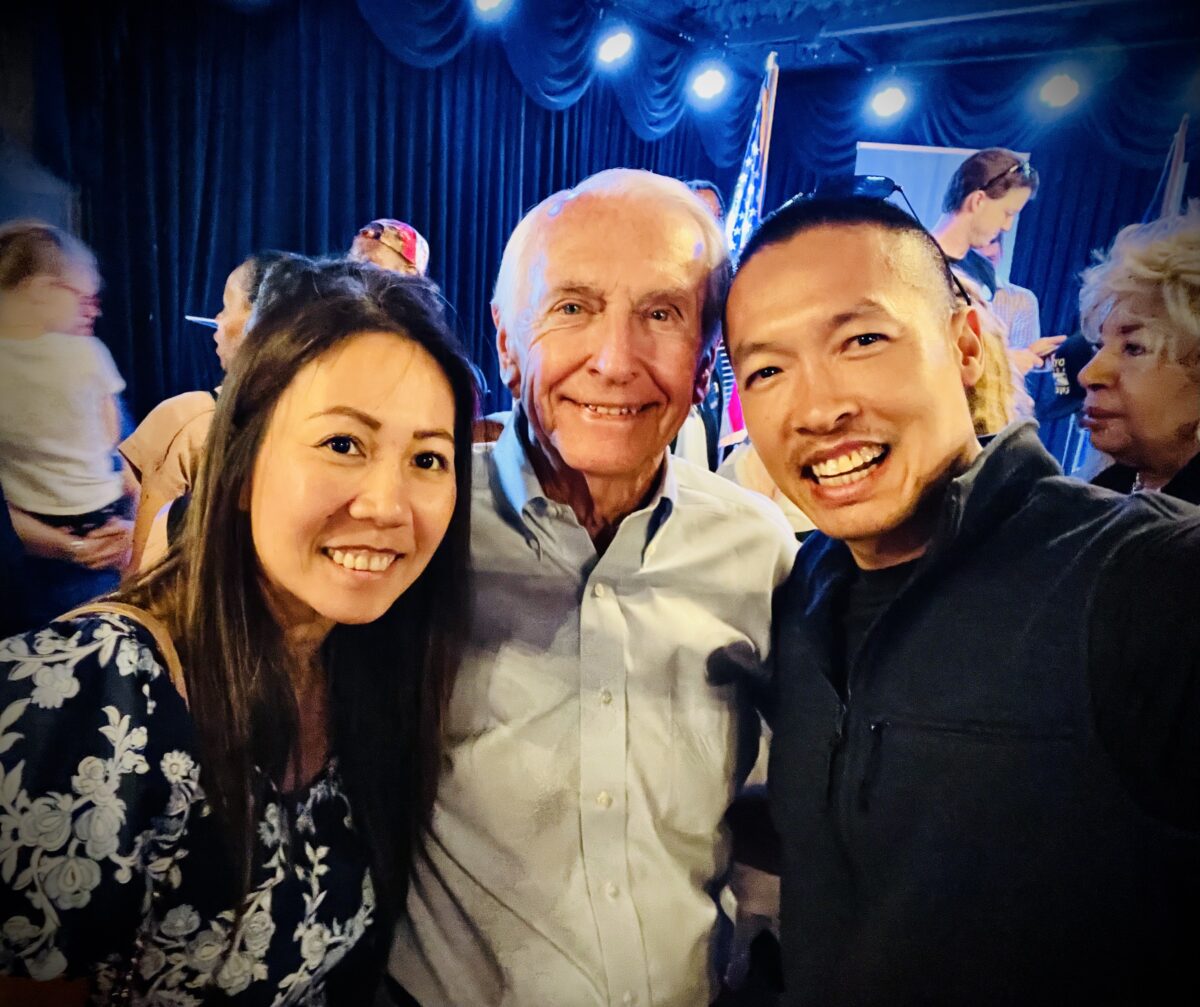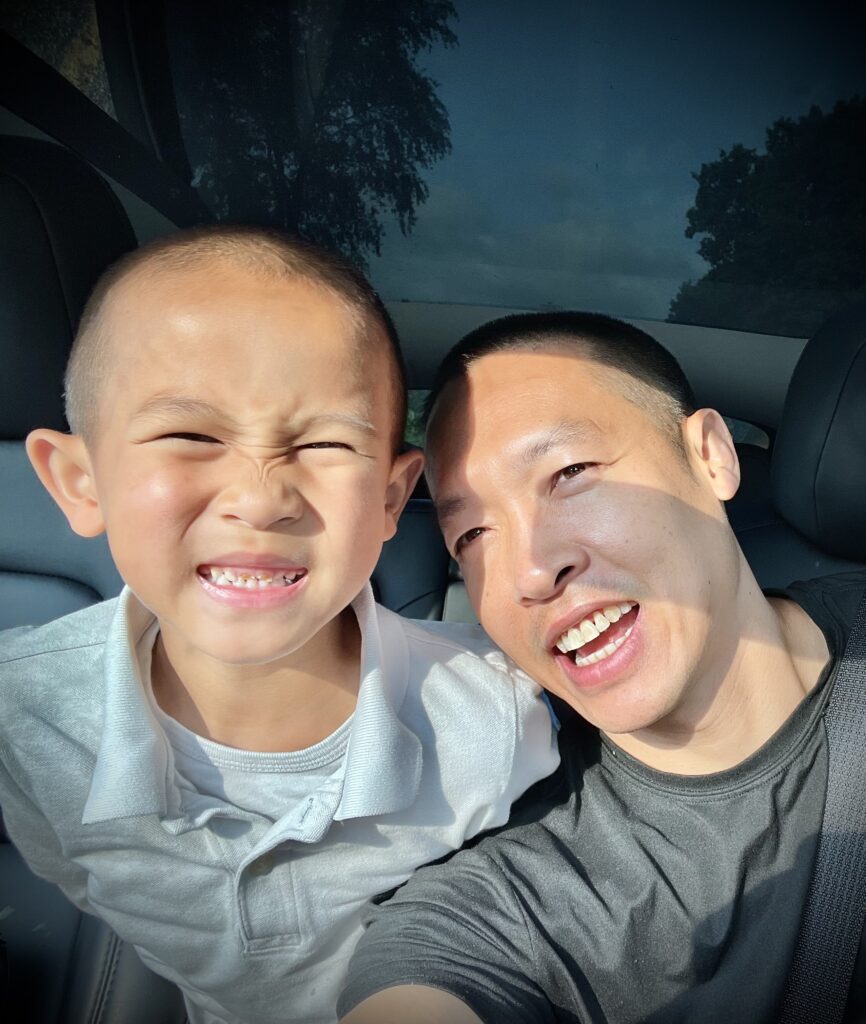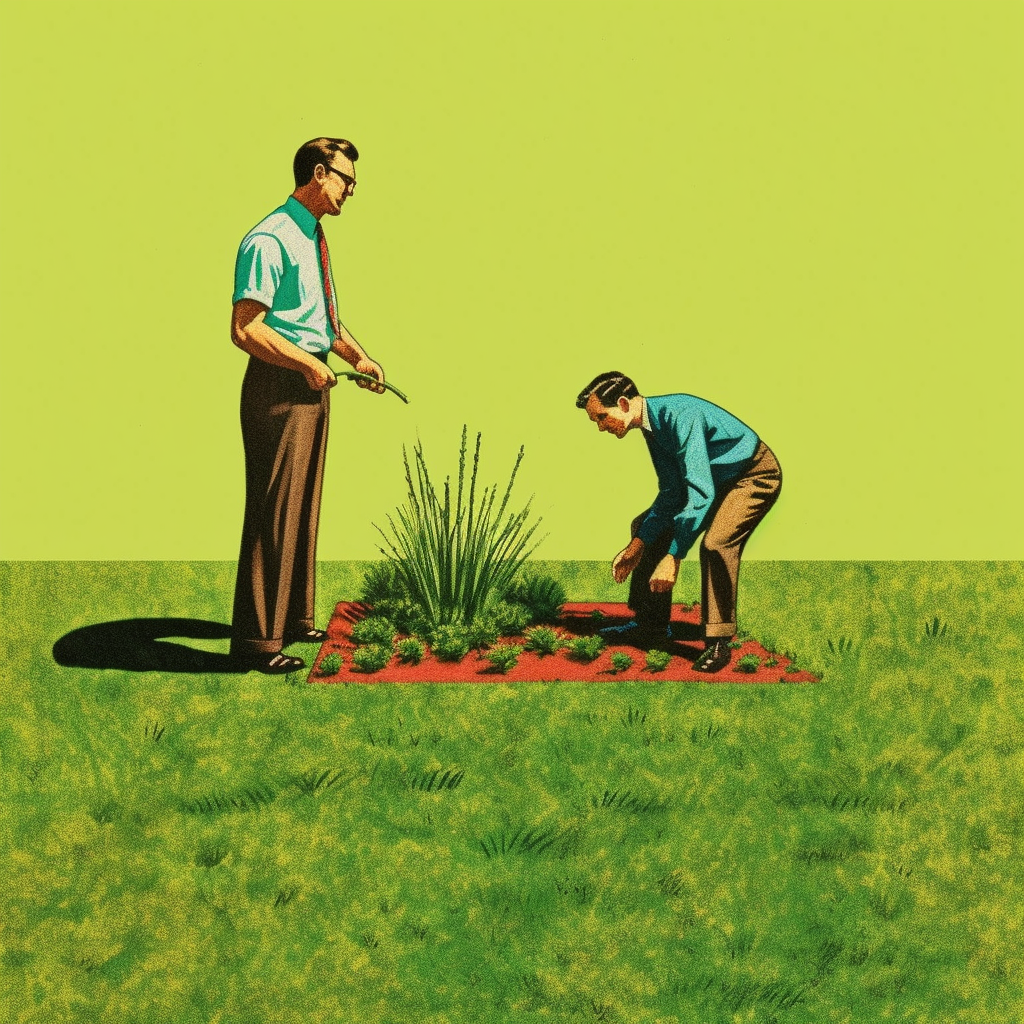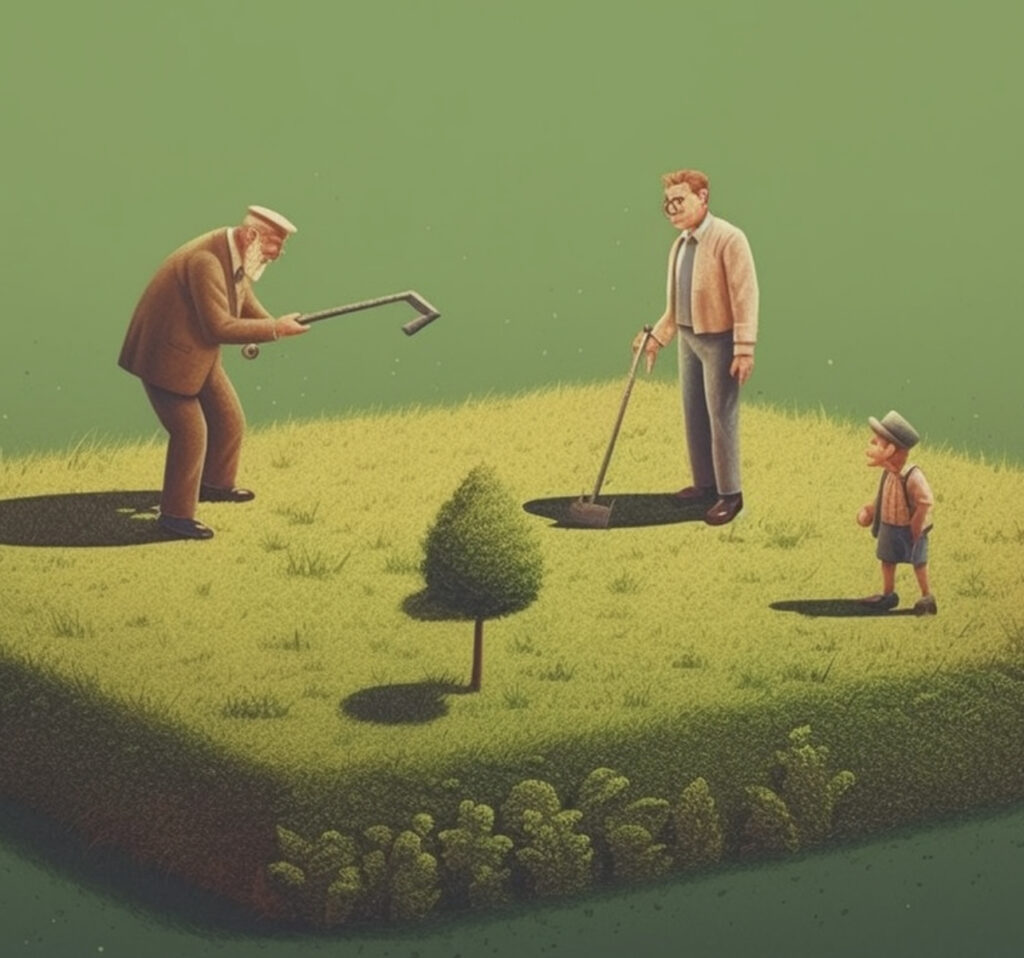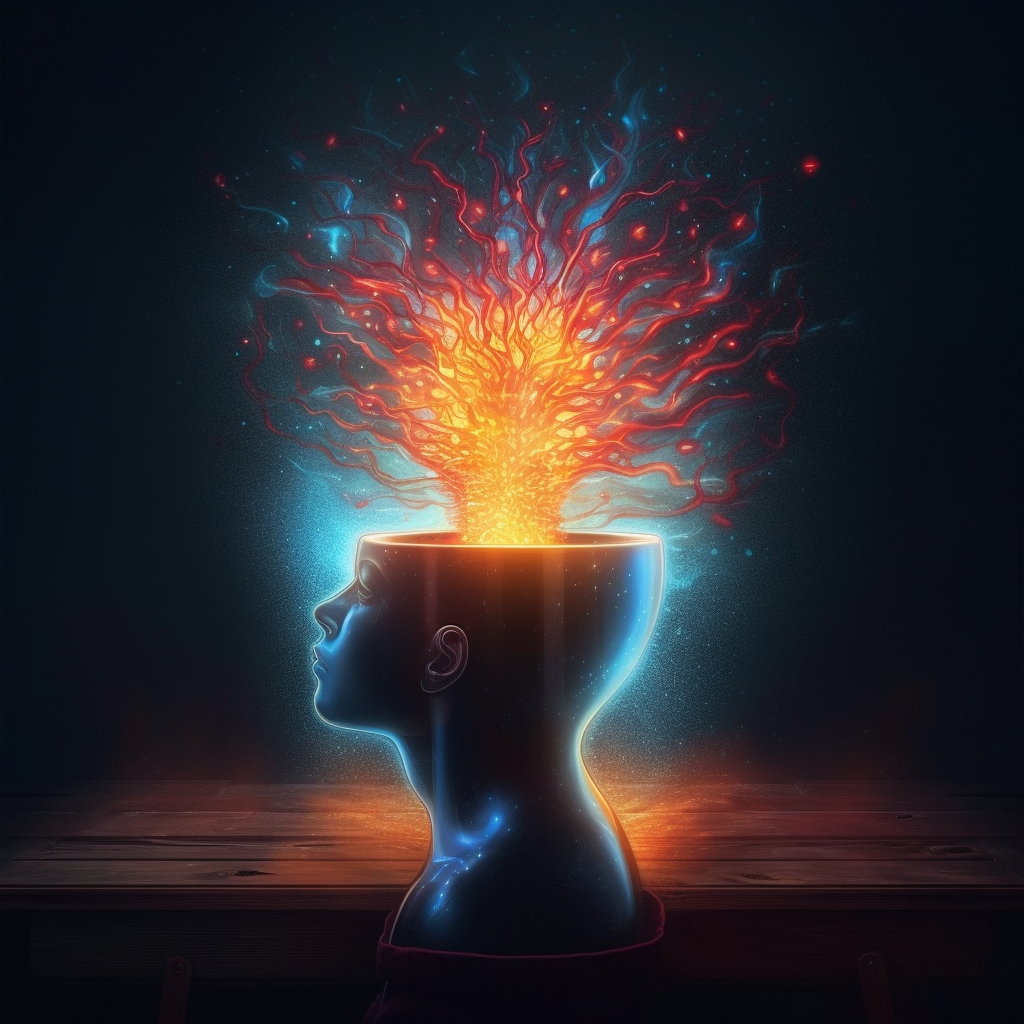The soon-to-be-released book by Di Tran, “Drop the Fear and Focus on the Faith”, unearths a profound principle of our human existence. Fear and faith often exist in a delicate balance within us, and the sway of this balance has deep implications on our ability to be kind, compassionate, and take advantage of opportunities.
As Tran insightfully points out, “The first no-sayer is self.” We are often our biggest adversaries. The negative thoughts and fears we foster within ourselves can manifest into actions, consequently stifling our capability for kindness and compassionate deeds.
Fear Stifles Kindness
When fear grips us, our instinctual response is self-preservation. While this mechanism is crucial for survival, it often suffocates our capacity for kindness. Fear keeps us preoccupied with our issues, leaving little space for empathy towards others. We retract into our shells rather than reach out, blocking the potential acts of kindness that could add value to our lives and those of others. By letting go of fear and focusing on faith, we can tap into the divine energy of kindness that fuels positivity and love.

Fear Halts Compassionate Action
Compassionate actions stem from not just understanding another’s pain, but actively trying to alleviate their suffering. Fear, however, puts a halt to this noble cause. When under the grip of fear, we start to fret about the potential consequences of our actions. We wonder if our deeds will be positively received or if they might lead to unforeseen outcomes. This fear-induced paralysis often prevents us from taking compassionate action that could be beneficial to others. By replacing fear with faith, we can trust in the inherent goodness of our actions and their ultimate impact, thus enabling us to act compassionately amidst uncertainties.
Fear Raises Defense Mechanisms
Fear stimulates our defense mechanisms, compelling us to erect walls around ourselves. While these walls may shield us from potential harm, they also alienate us from growth, learning, and connection opportunities. They hinder the free exchange of thoughts and emotions, preventing understanding and mutual respect. By discarding fear and embracing faith, we lower our defenses and expose ourselves to a variety of experiences that enrich our existence.
Fear Prevents Opportunities
Fear encourages a negative mindset, causing us to overlook opportunities even when they are right before us. The fear of failure or rejection deters us from seizing opportunities that could lead to personal growth and success. However, by focusing on faith, we reinforce our belief in our capabilities and the universe’s inherent positivity. This shift in perspective allows us to identify and grab the opportunities that life offers.
The divine energy originating from our souls can be used to either propagate fear or faith. It can give rise to negative emotions and actions, or it can be harnessed to create positivity and acts of kindness and compassion. The choice is entirely ours.
As Di Tran suggests in his enlightening new book, it’s time to drop the fear and focus on the faith. Not only does this path lead to personal growth, but it also contributes to creating a more empathetic and compassionate world. Adopting this mindset allows us to be more open, receptive, and proactive, transforming the dance of fear and faith into a harmonious symphony of love and understanding.











